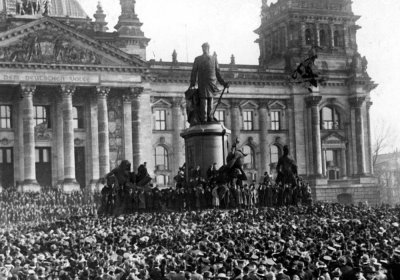In regard to the charges about US President Donald Trump’s collusion with Russia to throw the election his way, it is worth mentioning that going through the list of all the nations that Washington has meddled in is far too long for one article. The US is, without any doubt, the world’s meddler in chief.
Even the list of countries where the US conspired to overthrow elected governments when electoral meddling failed is lengthy.
But one angle to the Russian controversy that is underreported is this: scratch the Russian connection and US-German relations pop up.











 “Against sexism, against racism” Cologne, January 5. Photo: Jungewelt.de.
Dozens of women were sexually harassed on New Year's Eve in Germany, but rather than connecting the events to a system that perpetuates sexist violence, the political and media establishments have focused on the nationalities of the alleged perpetrators. German leftists are challenging this twisted interpretation, demonstrating against both sexism and racism in Cologne on January 5.
“Against sexism, against racism” Cologne, January 5. Photo: Jungewelt.de.
Dozens of women were sexually harassed on New Year's Eve in Germany, but rather than connecting the events to a system that perpetuates sexist violence, the political and media establishments have focused on the nationalities of the alleged perpetrators. German leftists are challenging this twisted interpretation, demonstrating against both sexism and racism in Cologne on January 5.